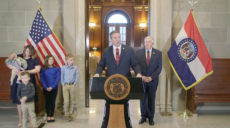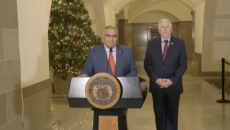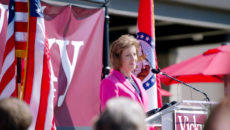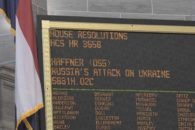SPRINGFIELD, Mo. — Rep. Eric Burlison, R-Springfield, took to the pages of the Springfield News-Leader this week to blast a plan backed by Attorney General Chris Koster and state treasurer Clint Zweifel to increase the state’s tobacco tax in order to send more money to public universities.
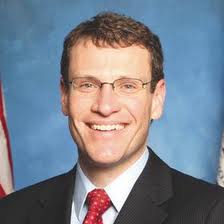
Zweifel and Koster, the presumptive Democratic candidate for governor in 2016, both support a plan to increase Missouri’s lowest-in-the-nation tobacco tax from .17 cents per pack to as much as .73 cents per pack. The plan, if fully implemented, could raise as much as $300 million annually. The funds, if Koster and Zweifel’s plan became a reality, would go directly to public universities to offer scholarships to qualified students. Zweifel has previously stated his goal was to make any student with a 3.0 GPA in high school who performed well in college and engaged in community service should have their full tuition paid by the state.
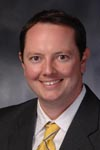
Burlison, for his part, said his objection didn’t stem from giving more money to higher education, but funneling taxpayer dollars to public universities in a way that circumvented legislative accountability.
“The plan goes in the face of what we’re working toward, which is performance-based budgeting,” Burlison told The Missouri Times. “This is the complete opposite. It’s just taking taxpayer money and giving it to someone who doesn’t have to ever face the voters.”
Burlison took to the pages of his local newspaper to voice his concerns, saying he’d objected to the plan when it first came up last spring, but that he found renewed objection to it when he read a story about the University of Missouri-St. Louis spending $1.4 million on a new golf course with private funds.
“When a single-purpose tax like this is set up, the revenue is sent to a separate fund existing outside of general revenue,” Burlison wrote. “This puts these funds outside the purview of the appropriations process, offering no opportunity for public oversight.”
There has long been a debate about whether to increase Missouri’s rock-bottom tobacco tax to fund a particular state issue. A separate campaign in 2016 is looking to increase the rate to .50 cents per pack in order to fund early childhood education and health programs statewide.
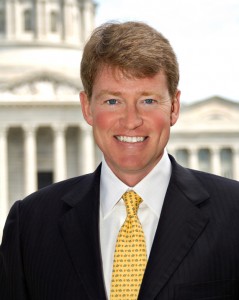
Some opposed to the Koster/Zweifel proposal have suggested that the push for the tax increase is less about sound policy and more about energizing the Democratic base for the 2016 election cycle, particularly in college towns which tend to be more dominated by younger, liberal voters.
Burlison pointed to his local Springfield university, Missouri State, as an example of an institution of higher-education thriving because of its performance despite years of difficult budget decisions.
“Missouri State got one of the largest increases in funding of any public university this year and that’s because by any metric you choose to use, they are spending their money very well,” Burlison said. “They are benefitting from performance-based budgeting. I’m not just patting them on the back, and I’m not saying that because they are my university. I’m saying it because I think it’s the best policy. Missouri State is graduating students, helping them find careers, training their students, very well, and so this year they are getting more money because of it.”
Collin Reischman was the Managing Editor for The Missouri Times, and a graduate of Webster University with a Bachelor of Arts in Journalism.


